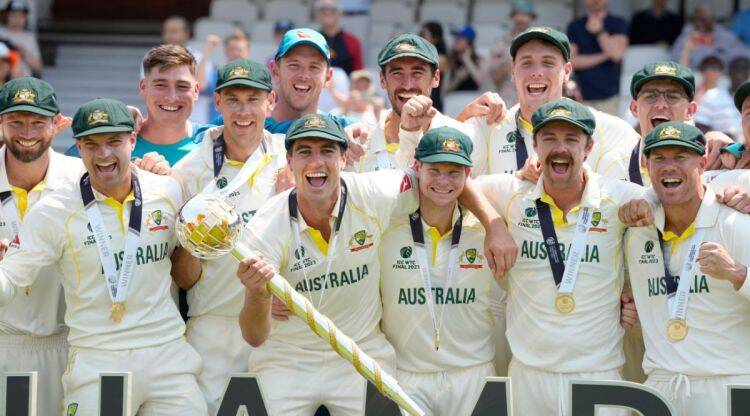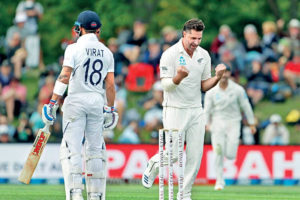A team is only as good as its captain, not vice versa. This was conspicuous in Rohit Sharma’s decision to field first after winning the toss on an overcast morning in the WTC finals at the Oval. Though many considered this a tactical decision by the team management considering the overcast condition, green pitch, and inclusion of four fast bowlers, those who followed international cricket in England knew well that the overcast condition in England could be deceptive. Moreover, the oval pitch always aided spinners, and Rohit’s decision to exclude Ashwin from the playing eleven baffled many.
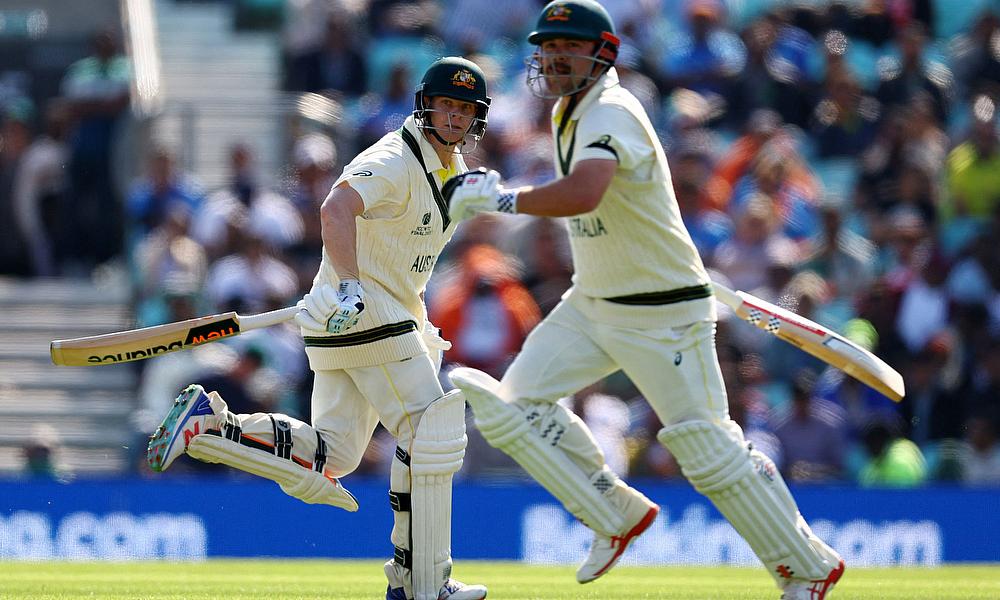
The Australians started cautiously considering the green pitch and overcast conditions, and even after the loss of Khawaja for a duck, Warner and Labuschagne made steady progress until both fell in a span of 3 overs. At 76 for 3, India looked like having the upper hand. But Steven Smith and Travis Head quelled all Indian hopes with a superb 285-run partnership. Indian bowlers were toothless and failed to restrict Australian scoring, let alone take wickets, and the extent of domination by these two batsmen was conspicuous in the Australian score of 327 for 3 at the end of the first day. India bowled better on the second day, and none of the Australian batsmen other than Carey could make a significant contribution, and from 376 for 4, the Australian innings folded for 469. 38 extras, inclusive of 7 no balls and 8 wides, accentuated the indiscipline of Indian bowlers.
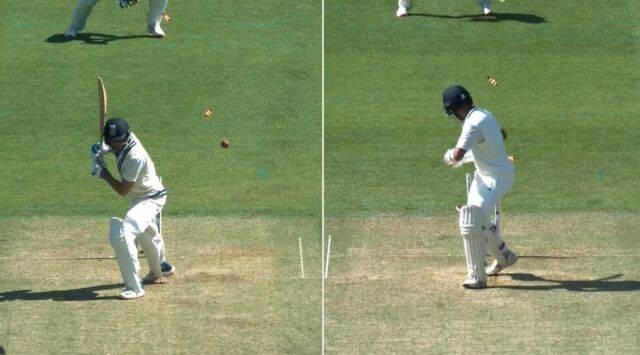
Indian openers started on a positive note, and batting looked easy until Cummins trapped Rohit in front, playing across. Though Gill erred in judging an incoming ball due to his inexperience, a similar error in judgement from the experienced Pujara was unpardonable. The meticulous planning of the Australians was evident in the way they exploited Kohli’s predominant front-foot style of batting with a sharp bouncer, which he was forced to play to slips. Ajinkya Rahane’s remarkable comeback was a slap in the face for the Indian selectors, who dropped him from the Test team by applying a yardstick that was not applied to the other seniors, including the Indian captain. With a bit of luck in their favour, Rahane, Jadeja, and Thakur brought some sanity to the Indian innings and avoided follow-on.
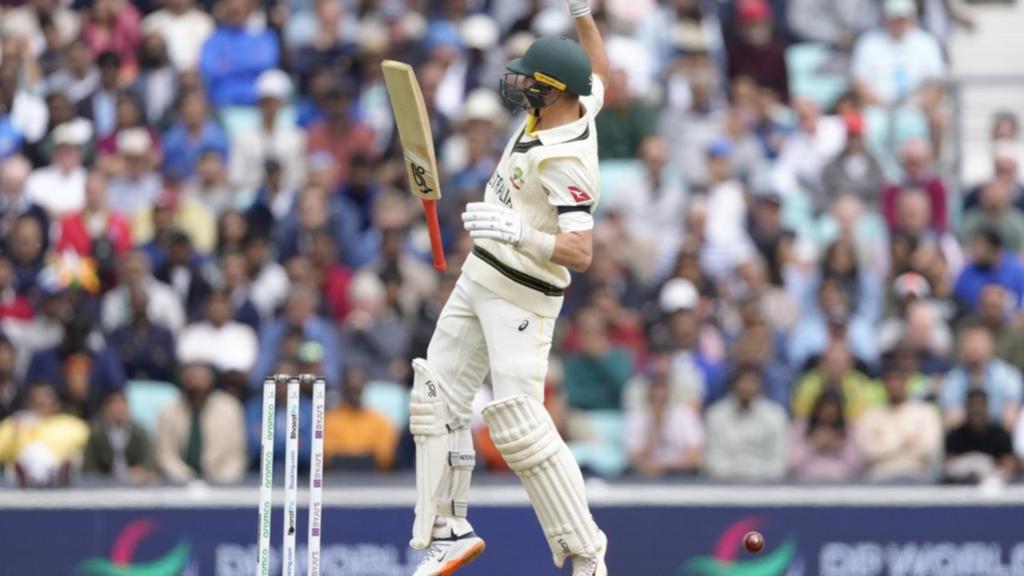
With a formidable lead of 173, the Australians were expected to cut loose but were restricted by the accurate Indian bowling. Openers failed once again, and Smith and Head could not convert their starts into big scores. Labuschagne and Green played uncharacteristic sedate innings, but Carey and Starc changed gears on the fourth day and took the Australian lead past 400. The Australians declared after setting a target of 444 for the Indians.

The opening partnership of 41 in 7 overs between Gill and Rohit, which showcased the positive attitude of this Indian team, was broken by a controversial slip catch by Green. This catch once again brought the flaws of the current referral system into the limelight. The fact that Rohit Sharma could not realise Lyon’s ploy while bowling around the wicket, went for the sweep shot, and got plumb in front, dismayed even his die-hard fans. Pujara once again committed an unpardonable offence by going for an uppercut, which was unexpected from a senior like him. The Australians once again trapped Kohli by making him play away from the body, and he was brilliantly taken by Smith in the slips. Jadeja and Thakur did not disturb the scorers, and Rahane wasted his brilliant start by playing a loose shot, and the rest was a formality. Lyon picked up four wickets and exposed the Indian blunder of dropping Ashwin.
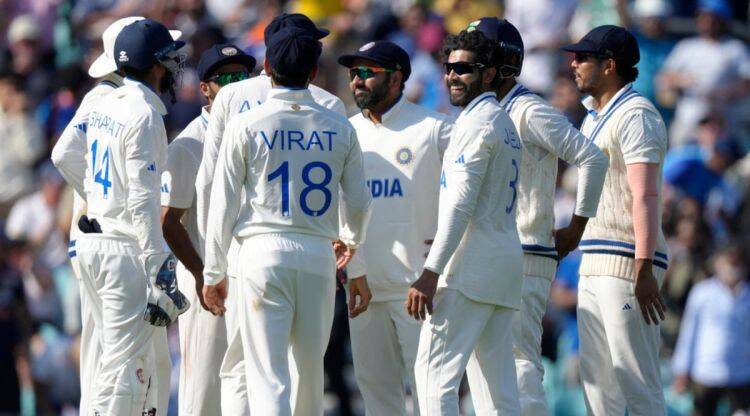
A diffident captain who was unwilling to take up the challenge of opening the batting on a green pitch in overcast conditions against the Australian quicks and who didn’t trust his top-order batsmen forced India to field first after winning the toss. Only a confident captain can make a bold decision, breaking the conventional system, and the lack of such a captain forced India to drop Ashwin on a pitch that aided spin. Bharat was nowhere close to Pant as a batsman, and the Indian management’s reluctance to play Ishant Kishan, who was a better batsman compared to Bharat, proved costly. Shardul Thakur, despite his two wickets and a half-century, was never a Test-standard allrounder, and he, along with Umesh Yadav, who looked rusty, added to the Indian woes. The Australians prepared meticulously for the WTC finals, and very few players played in the IPL, but the BCCI gave more importance to the IPL, and the Indian team played the finals without playing a single long format match after the IPL, which proved costly.
The Australian victory in the WTC 2023 finals was not only meticulously planned but was also profoundly aided by the blunders of the BCCI and the Indian team management.

